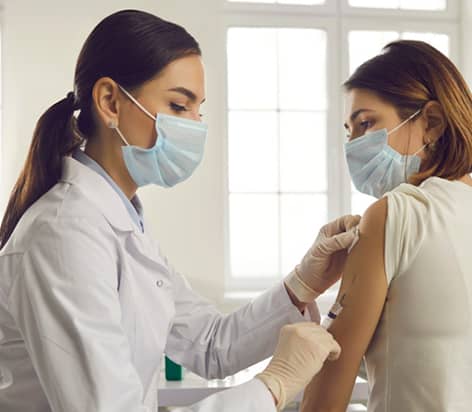
Vaccines are one of the safest and most readily available measures for preventing several diseases. Adults, like children, should also keep their vaccination status up to date, as certain diseases specifically affect adults. Further, the immunity provided by the vaccines administered during childhood weans off with time; thus, adults require a booster dose.